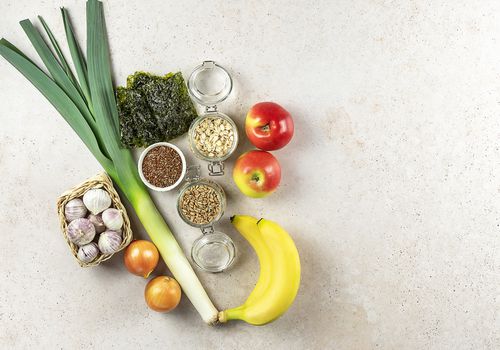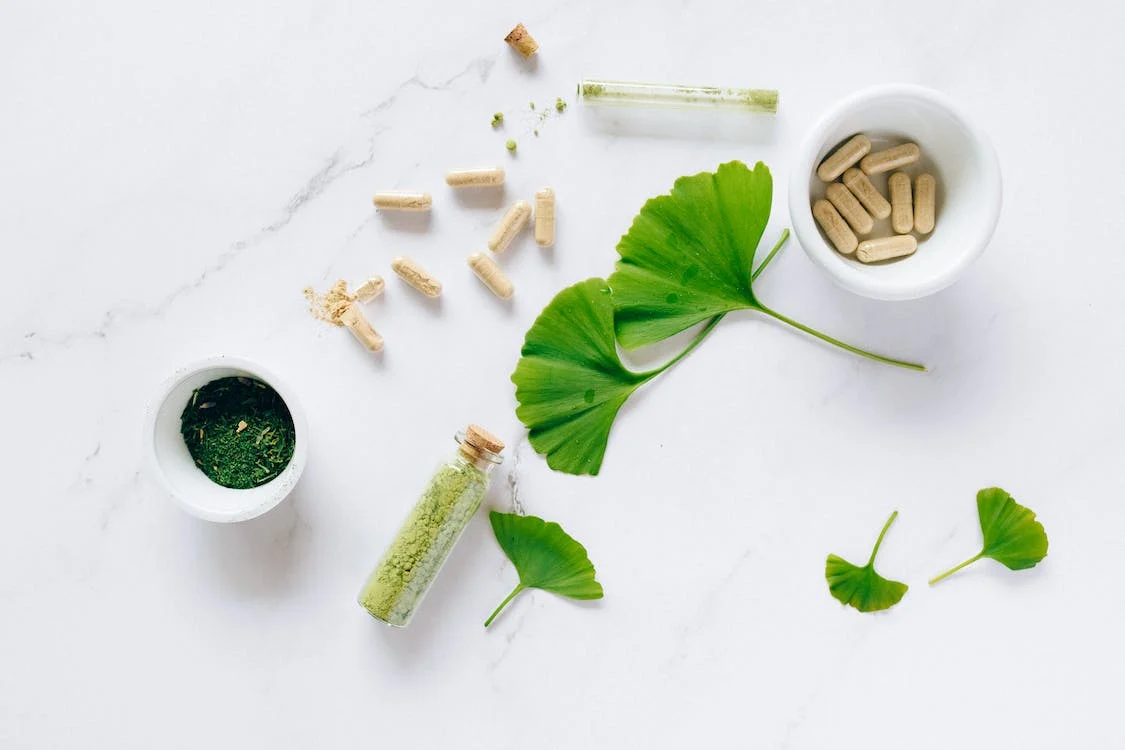Organic wine is made by growing grapes without the use of hazardous chemicals or artificial fertilizers. Amid growing health concerns amongst the consumer and increasing focus on healthy living organic wine consumption is gaining traction. As a result, the growing demand for organic wine has boosted the number of organic vineyards. For example, globally 7 million hectares of winegrowing are surveyed, 6.7% is cultivated using organic farming production method, for total extension in 2019 reached about 500,00 hectares Spain is also one of the main regions that contributes significantly to the production and consumption of organic wine, according to the Research Institute of Organic Agriculture. France, Italy, the United States, Turkey, and Germany are among the other major economies that contribute significantly to the production of organic grapes and wineries.
Climate change, good government policies, and a focus on sustainable farming are just a few of the significant factors driving the organic wine market worldwide. Furthermore, the demand for organic wine has been spurred by an increase in the population desiring healthier beverage options, as well as an increase in disposable money. Organic food is in high demand in developed countries.
Some of the major key players operating in the global organic wine market includes Avondale; Elgin Ridge Wines; Kendall-Jackson; The Organic Wine Company; Bronco Wine Company; King Estate Winery; Grgich Hills Estate; Emiliana Organic Vineyards; Società Agricola Querciabella Spa; and Frey Vineyards. The major players in the organic wine market are focusing on strategies such as research and development and new product development to increase the geographical presence and consumer base globally.



